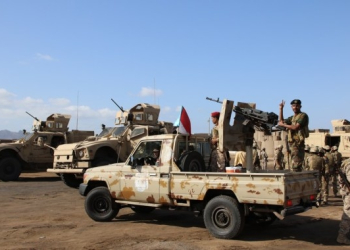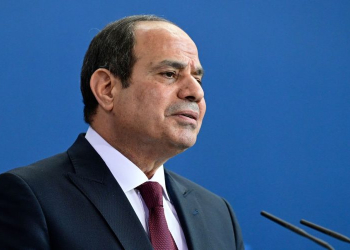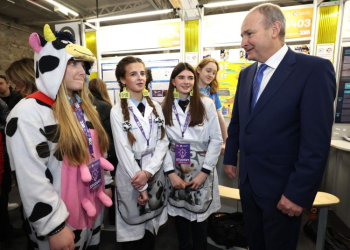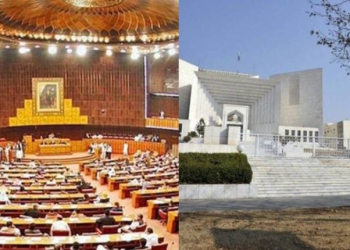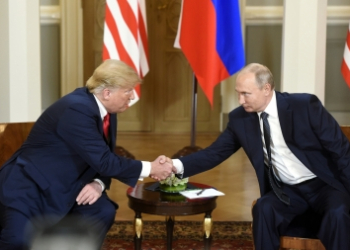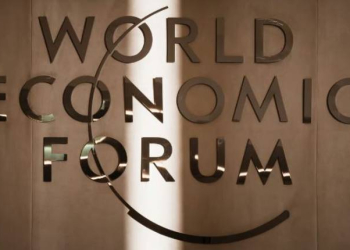Brussels: British Prime Minister Boris Johnson on Thursday said Europe faces “the most dangerous moment” in its “biggest security crisis” for decades, amid growing tensions between Russia and Ukraine.
Speaking in Brussels, Johnson said he hoped “strong deterrence” and “patient diplomacy” could find a way through the crisis but the stakes were “very high”, the BBC reported.
Russia has denied that it plans to invade but has 100,000 troops on Ukraine’s border.
Johnson is also visiting Poland to show support for NATO allies.
In a joint news conference with NATO Secretary General Jens Stoltenberg, the UK Prime Minister said he did not believe Russia had yet taken a decision on whether to invade Ukraine but the UK’s intelligence “remains grim”.
Asked whether the UK would consider going further in its support for Ukraine, including military support for an insurgency if Russia invades, Johnson said he would “consider what more we can conceivably offer”.
“It’s possible, I don’t want to rule this out, but at the moment we think the package is the right one,” he said.
As part of a surge of UK diplomatic activity, Foreign Secretary Liz Truss is also in Moscow to meet her Russian counterpart Sergei Lavrov, while Defence Secretary Ben Wallace will travel to Russia on Friday.
During a tense joint news conference, Mr Lavrov said the talks had been “disappointing”.
“It’s like we’re listening but not hearing each other so our very detailed explanation fell on deaf ears,” he said.
He said relations between the UK and Russia “leave much to be desired” and are at the “lowest point over the past few years”.
Asked if he had seen any concessions over Russia’s concerns about NATO, Lavrov said he had only heard a demand to “remove Russian troops from Russian territory”.
Truss later told the BBC the UK was putting its “full diplomatic effort” into deterring an invasion and de-escalating the situation.
Asked about her meetings with Lavrov, who has been Russia’s foreign policy chief for 18 years, Truss said he had “been involved in a lot of the issues that have created the situation we’re in now” and that “proper diplomatic talks” were needed.
(IANS)



